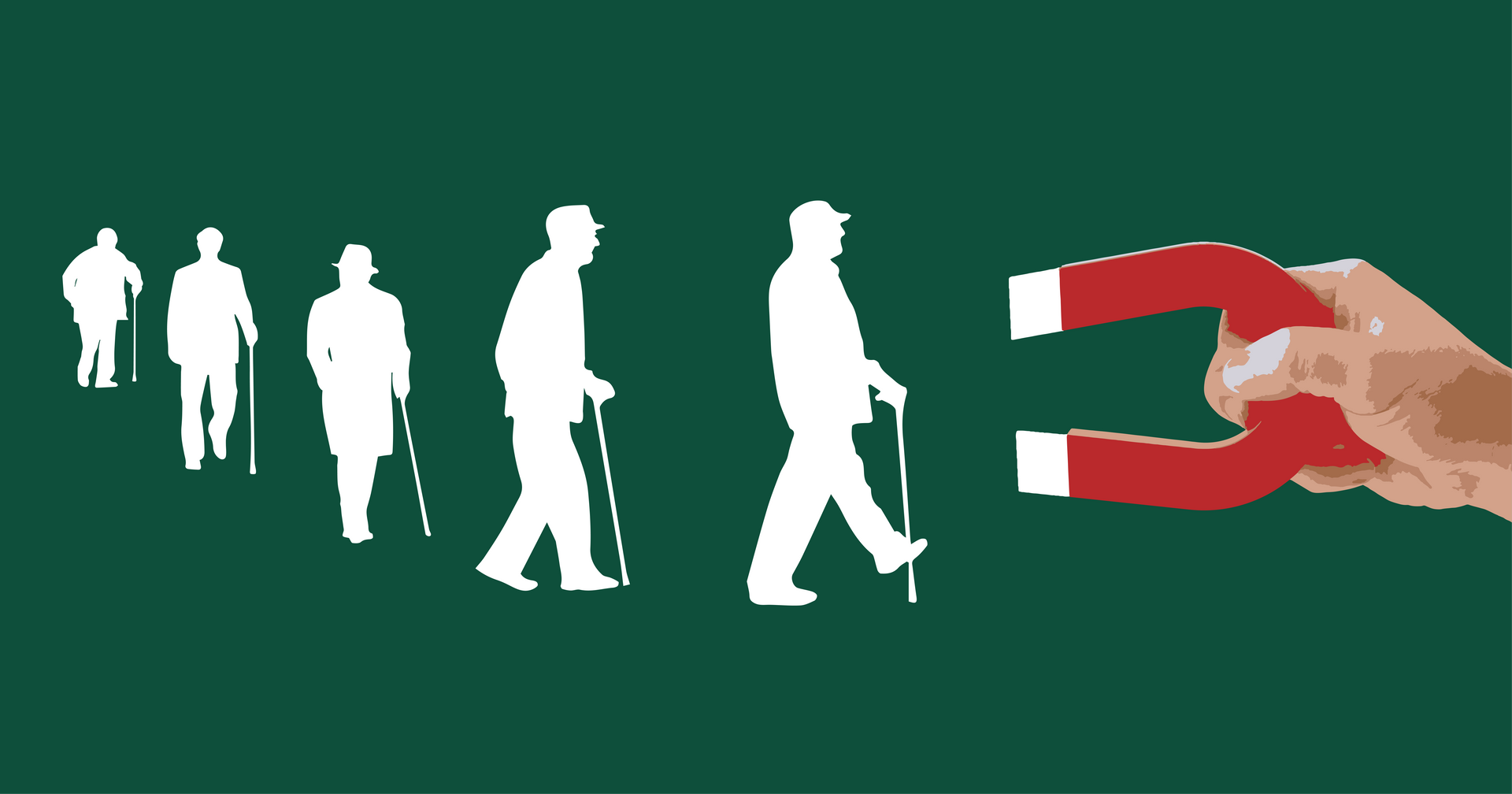How to Choose a Senior Housing Community?

Choosing a senior housing community is a decisive life transition. Whether you're making a decision for yourself, a family member, or a loved one, the weight of the choice is palpable. With so many factors to consider—location, amenities, cost, and level of care—it's easy to feel overwhelmed. In this comprehensive guide, we'll walk you through the essential steps to ensure you make the right decision for your unique needs.
So, please take a deep breath, and let us be your guide on this vital journey.
Step 1: Determine Your Needs
The first and foremost step in choosing a senior housing community is to assess your own needs or those of your loved one. Ask yourself:
- What level of care is required? Independent living, assisted living, memory care, or nursing home care?
- What location would be ideal? Near family, in a specific city, or in a familiar neighborhood?
- What amenities are non-negotiable? Consider factors like recreational activities, dining options, and fitness facilities.
- What can you afford? Determine your budget and understand the associated costs, including any potential financial assistance that may be available to you.
If you want to check more about which kind of apartment in senior housing will work best for you, this article can help you gain a better understanding.
Step 2: Research and Create a List
Once you clearly understand your needs, it's time to research and create a list of potential senior housing communities. Start by:
- Utilizing online resources, such as senior housing directories and reviews.
- Asking for recommendations from friends, family, or healthcare professionals.
- Contacting local senior centers and agencies for referrals.
Step 3: Visit and Evaluate
Visiting communities in person is crucial. Here's what to look for during your visits:
- Location: Is it convenient for you and your family? Does it provide access to essential services, such as healthcare and shopping?
- Cleanliness and Safety: Observe the cleanliness and safety measures in place.
- Interact with Residents: Talk to current residents to understand their satisfaction and quality of life.
- Staff Interaction: Pay attention to how staff interact with residents; it should be respectful and attentive.
- Amenities: Evaluate the available amenities and activities, ensuring they align with your preferences and interests.
- Costs and Contracts: Discuss costs, contracts, and any potential future fee increases.
Consulting with professionals, such as elder care advisors or financial planners, can provide valuable insights and guidance in making your decision. Think about the long-term. Your needs may change over time, so consider communities that offer a range of care levels to accommodate evolving requirements.
After thorough research, evaluations, and consultations, you'll be better equipped to make an informed decision. Please ensure you understand the contract terms and have a clear understanding of the associated costs. Once you've chosen a senior housing community, the transition can be a challenging process. Plan the move carefully, seek support from friends and family, and take your time adjusting to your new home.
Vibrant Community for the Golden Years
Senior housing is more than just a place to live. It's a vibrant community offering a multitude of benefits that can enrich the lives of older adults. From opportunities for social interaction and engagement to access to amenities and services that promote health and well-being, senior housing can help older adults live their best lives. Here are just a few of the many advantages of senior housing:
1. Social Interaction and Companionship
One of the most significant benefits of senior housing is the opportunity for increased social interaction and companionship. Seniors often find themselves isolated in their homes, which can lead to feelings of loneliness and depression. Senior housing communities foster a sense of belonging by providing a built-in social network that encourages residents to connect. Residents can engage in conversations, participate in group activities, and build meaningful peer relationships.
2. Access to Activities and Amenities
Senior housing communities are designed to offer a diverse range of activities and amenities that cater to various interests and preferences. These may include:
- Fitness centers and exercise classes to promote physical well-being.
- Arts and crafts studios for creative expression.
- Libraries and reading lounges for intellectual stimulation.
- Scheduled outings and trips to explore the local community.
- Dining options that offer both convenience and social interaction.
- Game rooms for friendly competition and entertainment.
These offerings not only keep residents physically and mentally active but also contribute to a fulfilling and engaging lifestyle.
3. Peace of Mind and Safety
For both seniors and their families, peace of mind is a significant benefit of senior housing. Knowing that help is readily available, especially in assisted living or nursing home settings, provides a sense of security and reassurance. Trained staff members are on-site 24/7 to assist with activities of daily living, medication management, and emergency response.
4. Maintenance-Free Living
Senior housing communities typically handle maintenance and upkeep tasks, eliminating the burdens of homeownership. Seniors can enjoy their living space without worrying about mowing lawns, shoveling snow, or repairing appliances.
5. Tailored Care and Support
Senior housing options are designed to cater to specific care needs. Whether a senior requires minimal assistance with daily tasks or specialized memory care, there are communities tailored to provide the necessary level of care and support. This ensures that residents receive the attention and services they require as their needs evolve.
6. Sense of Community and Belonging
In senior housing, residents often share similar life experiences and interests, fostering a strong sense of community and belonging. This sense of belonging can boost self-esteem, reduce feelings of isolation, and contribute to an overall higher quality of life.
Paying for Senior Housing
Senior housing can be costly, but various financial assistance options are available to help offset the expenses. To make the best financial decisions for yourself or your loved one, it is crucial to investigate these options, comprehend your eligibility, and plan for your senior housing needs in advance.
Could you talk to a financial advisor?
A financial advisor can help you assess your financial situation and develop a plan to pay for senior housing. They can also help you identify any financial assistance programs that you may be eligible for.
Consider a reverse mortgage.
A reverse mortgage is a type of loan that allows homeowners to borrow against the equity in their home. This can be a good option for seniors who want to stay in their own homes but need help covering the costs of senior housing.
Explore long-term care insurance.
Long-term care insurance can help cover the costs of senior housing, including assisted living facilities and nursing homes. However, long-term care insurance can be expensive, and it's essential to compare policies carefully before you choose one.
Ask about discounts
Many senior housing communities offer discounts to veterans, seniors with disabilities, and low-income seniors. Please don't hesitate to ask about any available discounts when shopping for senior housing.
Financial Assistance Programs
If you're not sure which financial assistance programs you may be eligible for, you can contact your local Area Agency on Aging (AAA). The AAA can help you assess your financial situation and identify any programs for which you may be eligible. Don't forget to check for the following:
Medicaid
Medicaid is a government program that provides health insurance and long-term care benefits to low-income individuals and families. Medicaid may cover the cost of assisted living and nursing homes for seniors who meet the eligibility requirements.
Medicare
Medicare is a government health insurance program for seniors and people with disabilities. Medicare does not cover the cost of assisted living, but it may cover some of the costs of skilled nursing care.
Supplemental Security Income (SSI)
SSI is a government program that provides financial assistance to low-income individuals and families. SSI may cover the cost of assisted living for seniors who meet the eligibility requirements.
Veterans Affairs
The VA offers several benefits to veterans and their families, including financial assistance for long-term care. The VA may cover the cost of assisted living and nursing homes for veterans who meet the eligibility requirements.
Conclusion
The journey of selecting a senior housing community is a profound one, marked by numerous considerations that significantly impact the quality of life for individuals embarking on this new chapter of their lives. It entails assessing needs, conducting thorough research, and making informed decisions that prioritize comfort, safety, and fulfillment. By adopting this process with patience and diligence, individuals and their families can find a community that not only meets their practical requirements but also creates a sense of belonging and enrichment in their golden years.
Ultimately, the goal is to create a living environment that fosters independence, social engagement, and well-being, enabling seniors to thrive and thoroughly enjoy this next phase of life. With careful planning, support from loved ones, and access to relevant resources, the transition to senior housing can be a positive and empowering experience, marking the beginning of a new chapter filled with opportunities for growth, connection, and fulfillment.





